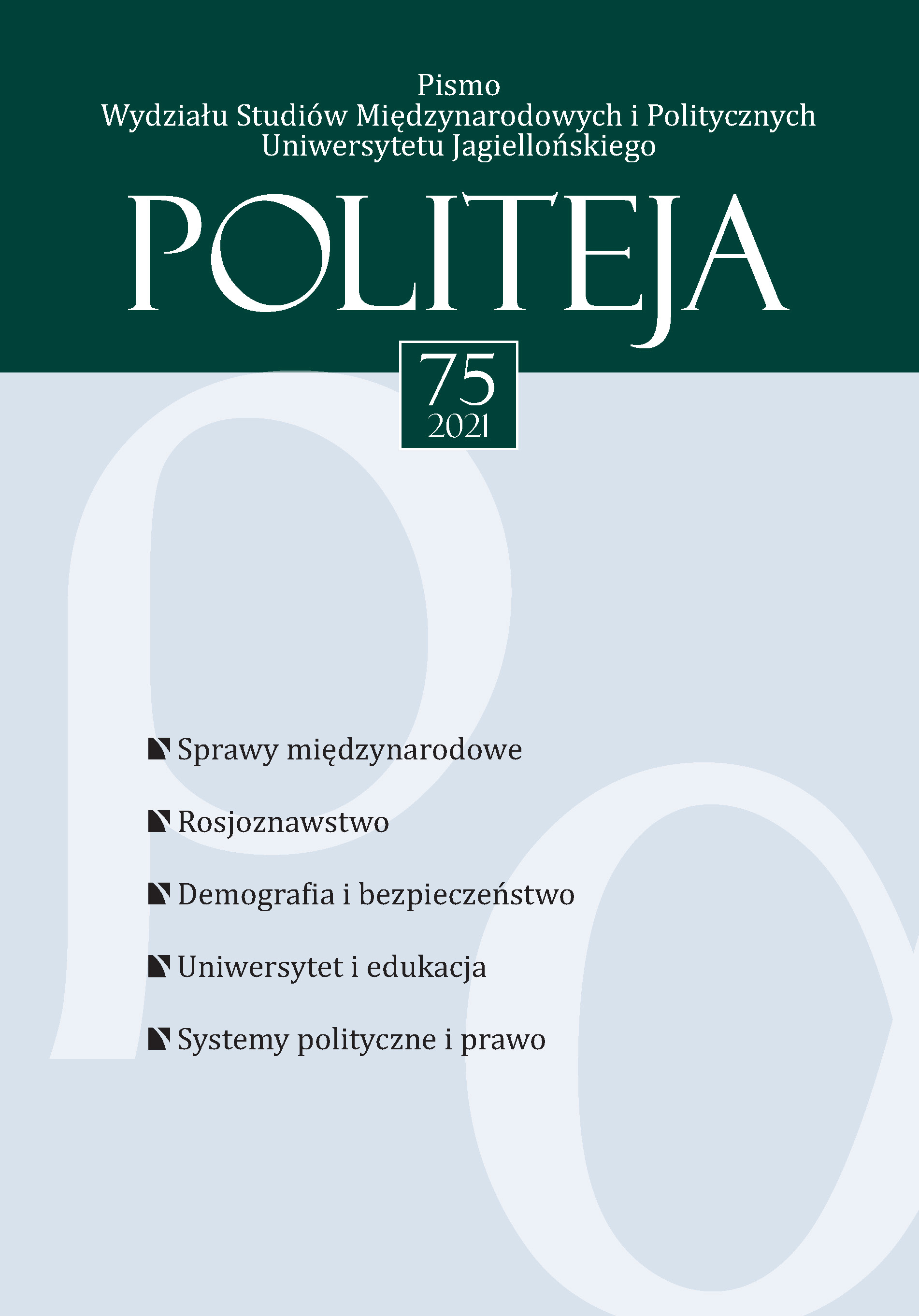Wpływ teorii pestalozziańskich na teorię i praktyki filozofii edukacji Josiah Warrena – geneza systemu
The Influence of Pestalozzian Theories on the Theory and Practice of Josiah Warren's Philosophy of Education – The Genesis of the System
Author(s): Magdalena ModrzejewskaSubject(s): Philosophy, Social Sciences, Education, Social Philosophy, Educational Psychology
Published by: KSIĘGARNIA AKADEMICKA Sp. z o.o.
Keywords: anarchism; education; Johannes H. Pestalozzi; Josiah Warren; New Harmony; William Maclure
Summary/Abstract: Josiah Warren is portrayed as the father of American individualist anarchism and the first American anarchist. This paper investigates his contribution to the development of educational theories and his educational practices, since for Warren, as many anarchists, education is the main path to create a new society. Warren’s educational theories and experiments originated mainly from his stay in New Harmony between 1825 and 1827, where he encountered innovative method of teaching that nurtured children’s independence, invented by Johann Heinrich Pestalozzi. Therefore, the aim of this text is to trace how Warren’s philosophy of education was shaped to become an essential element of his theory of stateless political and legal order and how Warren combined concepts of extreme individualism with his economic theories, such as equitable commerce and cost the limit of price. The knowledge of Warren’s New Harmony experience where he encountered William Maclure and Pestalozzian social reformers will enable the reader to better understand the framework of his own concept of education that he practiced at the Spring Hill School in Ohio.
Journal: Politeja - Pismo Wydziału Studiów Międzynarodowych i Politycznych Uniwersytetu Jagiellońskiego
- Issue Year: 18/2021
- Issue No: 75
- Page Range: 359-378
- Page Count: 20
- Language: Polish

